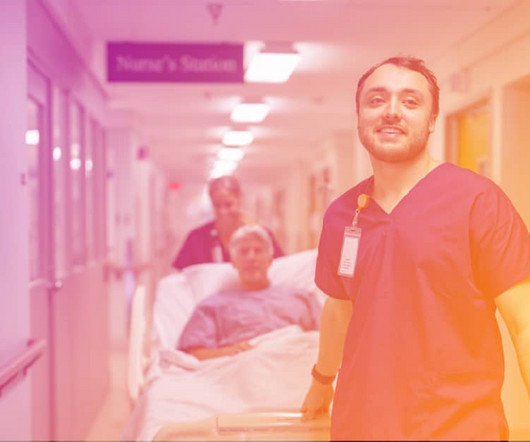The Silent Epidemic: Understanding Medical Errors and Nursing Practice
Empowered Nurses
FEBRUARY 15, 2024
Among the healthcare professionals at the forefront of patient care, nurses play a pivotal role in addressing and mitigating the risks associated with medical errors. They can occur at any point along the continuum of care, from the initial assessment and diagnosis to treatment, monitoring, and follow-up.


















Let's personalize your content